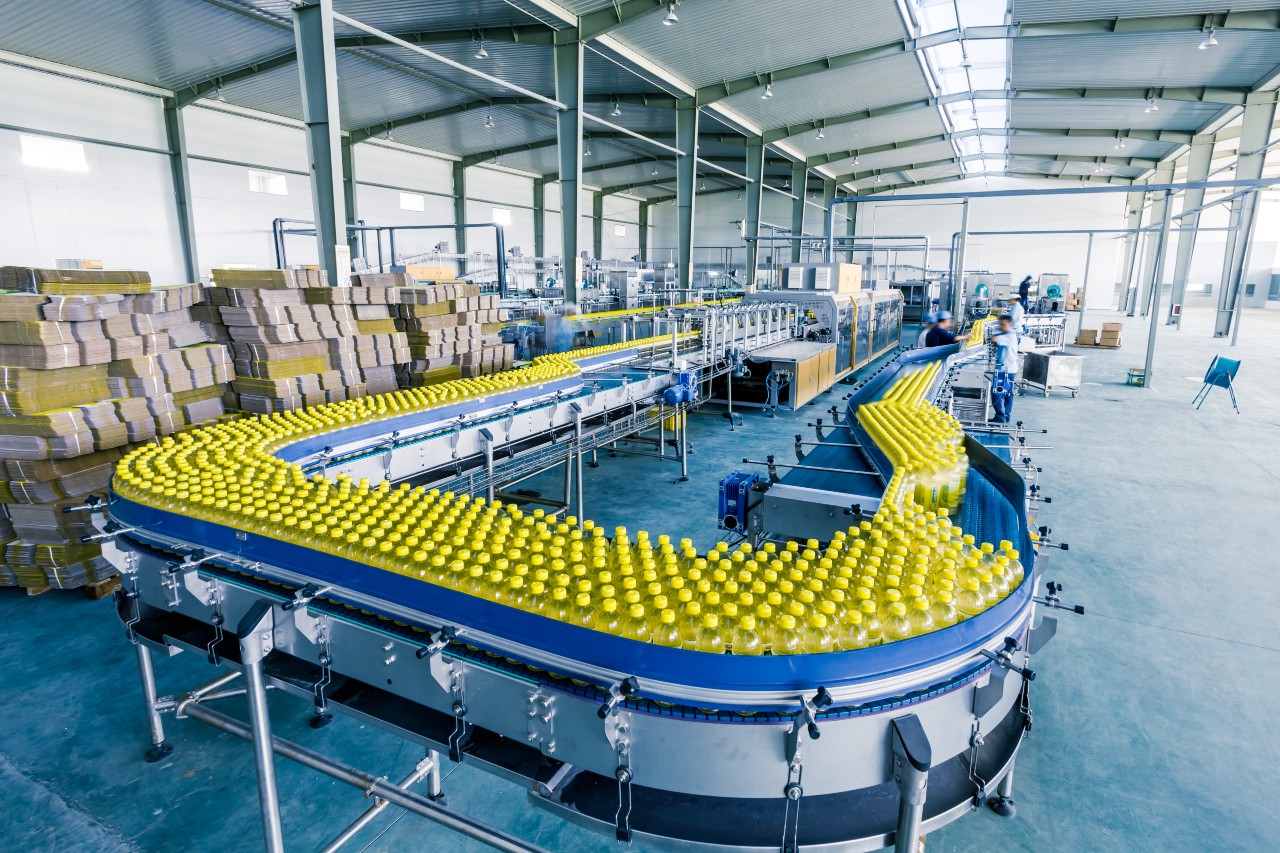
Ensuring Safety and Quality: The Role of GMP+ in the Food Technology Industry
By Adedayo Oyetoke, Published on: June 19th 2023 4 min, 678 word Views: 1047
In the food technology industry, safety and quality are paramount. One of the key standards that ensure these aspects is Good Manufacturing Practices (GMP), particularly its extension, GMP+. GMP+ is a globally recognized and comprehensive certification scheme that integrates ISO quality management requirements, HACCP (Hazard Analysis Critical Control Point), and other elements. In this blog, we will delve into the significance of GMP+ in the food technology industry and how it contributes to maintaining high-quality standards.
1. Ensuring Food Safety
The primary objective of GMP+ is to ensure food safety. It provides a systematic approach to control and minimize risks associated with food production. By adhering to GMP+ standards, food technology companies can prevent contamination and ensure that their products are safe for consumption. This is particularly crucial in today's globalized food supply chains, where a single lapse can have far-reaching consequences.
2. Enhancing Quality Assurance
GMP+ goes beyond just safety; it also focuses on quality assurance. The certification scheme includes stringent quality management requirements based on ISO standards. These requirements ensure that companies have robust systems in place to maintain consistency, meet customer expectations, and continuously improve their processes. By achieving GMP+ certification, companies demonstrate their commitment to quality, which can enhance their reputation and competitiveness.
3. Facilitating Regulatory Compliance
Compliance with regulations is a critical aspect of the food technology industry. GMP+ helps companies meet these regulatory requirements by aligning its standards with international food safety laws. This alignment makes GMP+ a valuable tool for companies looking to expand their operations globally, as it facilitates compliance with diverse regulatory environments.
4. Promoting Sustainability
In recent years, GMP+ has incorporated sustainability aspects into its certification scheme. It encourages companies to adopt sustainable practices in their operations, such as responsible sourcing and waste management. This focus on sustainability makes GMP+ a holistic standard that addresses the various dimensions of food production, from safety and quality to environmental impact.
5. Building Consumer Trust
GMP+ certification plays a vital role in building consumer trust. In an era where consumers are increasingly concerned about the safety and quality of the food they consume, GMP+ provides a recognizable and credible symbol of adherence to rigorous standards. When consumers see the GMP+ logo on a product, they can have confidence that it has undergone strict quality control measures and meets the highest safety standards. This trust is essential for businesses to establish long-term relationships with their customers and maintain a positive brand reputation.
6. Facilitating International Trade
In the globalized food industry, international trade is a significant aspect of many food technology companies' operations. GMP+ certification facilitates international trade by providing a recognized and harmonized standard that is accepted across borders. It helps companies demonstrate compliance with international food safety and quality requirements, making it easier to access new markets and expand their customer base globally.
7. Continuous Improvement and Risk Management
GMP+ certification encourages companies to adopt a culture of continuous improvement and risk management. The certification process involves regular audits and assessments, which help identify areas for improvement and address potential risks. By continuously monitoring and evaluating their processes, companies can proactively mitigate risks, enhance operational efficiency, and stay ahead of evolving industry standards and regulations.
8. Collaboration and Knowledge Sharing
GMP+ fosters collaboration and knowledge sharing within the food technology industry. The certification scheme brings together stakeholders from different sectors, including feed manufacturers, food producers, and certification bodies. This collaboration allows for the exchange of best practices, insights, and innovations, leading to collective improvements in food safety, quality, and sustainability. The GMP+ community serves as a platform for networking, learning, and staying up-to-date with the latest industry trends and developments.
Conclusion
GMP+ certification is of significant importance in the food technology industry. It ensures food safety, enhances quality assurance, facilitates regulatory compliance, promotes sustainability, builds consumer trust, facilitates international trade, encourages continuous improvement, and fosters collaboration. By adhering to GMP+ standards, food technology companies can demonstrate their commitment to excellence and contribute to a safer and more sustainable food supply chain. As the industry continues to evolve, GMP+ will remain a crucial tool in maintaining high standards and meeting the ever-growing expectations of consumers and regulatory bodies.
